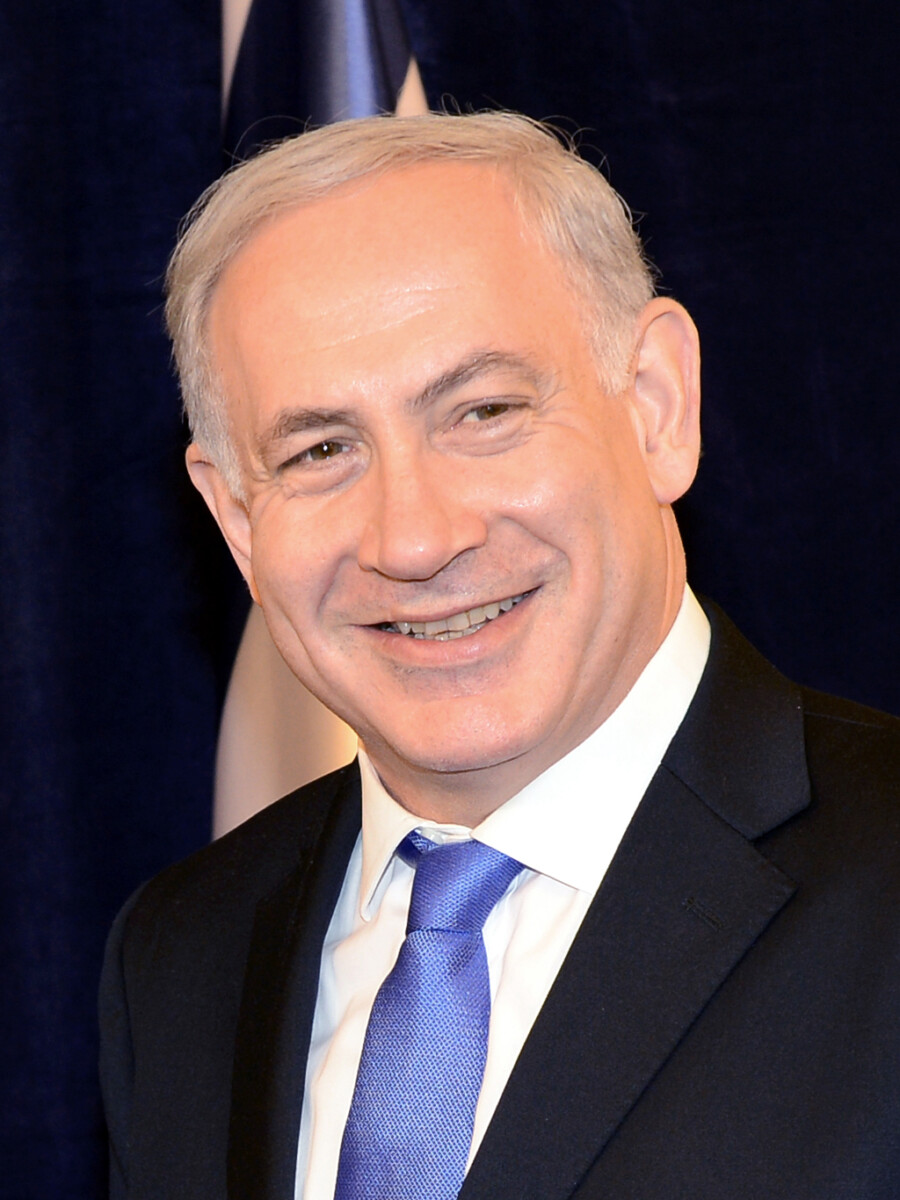
Netanyahu’s High-Stakes U.N. Speech: 5 Critical Moments That Could Define Israel’s Future (image credits: upload.wikimedia.org)
The image of a world leader approaching one of the most consequential podiums on Earth captures the gravity of what lies ahead this Friday. Prime Minister Benjamin Netanyahu will face the United Nations General Assembly at a moment when Israel finds itself more diplomatically isolated than it has been in decades, with global opinion sharply divided over the ongoing conflict in Gaza.
## The Weight of a Nation’s Defense
Netanyahu steps into the U.N. spotlight carrying more than just talking points—he’s bearing the diplomatic future of Israel itself. This isn’t your typical annual address filled with pleasantries and policy updates. Instead, it’s a make-or-break moment where every word will be dissected by allies and critics alike.
The stakes couldn’t be higher. With international condemnation mounting and traditional partnerships strained, Netanyahu must somehow thread the needle between defending his country’s military actions and maintaining crucial diplomatic relationships that Israel desperately needs.
## A World Stage That’s Never Been More Hostile
Walking into that assembly hall, Netanyahu will face one of the most challenging audiences any Israeli leader has encountered at the U.N. The atmosphere has shifted dramatically since the conflict began, with even historically neutral nations expressing grave concerns about civilian casualties and humanitarian conditions.
The timing adds another layer of complexity. As world leaders gather for their annual diplomatic marathon, many arrive with prepared criticisms and formal condemnations already drafted. Netanyahu’s speech won’t just be heard—it will be actively opposed by speakers who follow him to the podium.
## The Diplomatic Isolation Crisis
Israel’s growing isolation isn’t just about harsh words and symbolic votes. Real consequences are starting to pile up across multiple fronts:
- Trade partnerships facing unprecedented strain
- Military cooperation agreements under review
- International legal challenges gaining momentum
- Cultural and academic boycotts expanding globally
- Tourism industry experiencing significant decline
This isn’t the kind of pressure that disappears with a single speech, no matter how eloquent or persuasive. The damage to Israel’s international standing represents years of relationship-building that could take decades to rebuild.
## What Netanyahu Must Accomplish
The Prime Minister faces a nearly impossible balancing act. He needs to justify military actions that have resulted in widespread civilian casualties while somehow maintaining that Israel remains committed to international law and humanitarian principles.
His speech must satisfy multiple audiences simultaneously. Domestic supporters expect unwavering strength and zero apologies. International allies need reassurance that Israel can still be a responsible partner. And skeptical nations require concrete evidence that Israel is taking meaningful steps toward de-escalation.
## The Economic Stakes Behind the Politics
Beyond diplomatic niceties lies a harsh economic reality that Netanyahu cannot ignore. Israel’s economy depends heavily on international partnerships, technology exports, and foreign investment—all of which are now at risk.
| Sector | Risk Level | Timeline |
|---|---|---|
| Technology Exports | Moderate | 6-12 months |
| Tourism Industry | High | Immediate |
| Foreign Investment | High | 3-6 months |
The numbers don’t lie—continued isolation will eventually translate into job losses, reduced innovation funding, and a weakened currency. Netanyahu’s speech isn’t just about politics; it’s about economic survival.
## The Aftermath That Really Matters
Friday’s speech will be analyzed, criticized, and debated for weeks. But the real test comes in the months that follow, when the international community decides whether Netanyahu’s words translate into meaningful changes in policy and approach.
History suggests that single speeches rarely reverse diplomatic isolation. What matters more is the consistent follow-through that demonstrates genuine commitment to addressing international concerns while maintaining national security.
- Netanyahu faces the most hostile U.N. audience in Israeli history
- Economic consequences of isolation are already becoming visible
- Success will be measured by actions, not just words
Netanyahu’s U.N. address represents far more than a diplomatic obligation—it’s a pivotal moment that could determine whether Israel finds a path back to international acceptance or continues down a road of deepening isolation. The world will be watching, but more importantly, they’ll be waiting to see what happens next. In an era where global opinion can shift overnight, can one speech really change the trajectory of an entire nation’s future?






